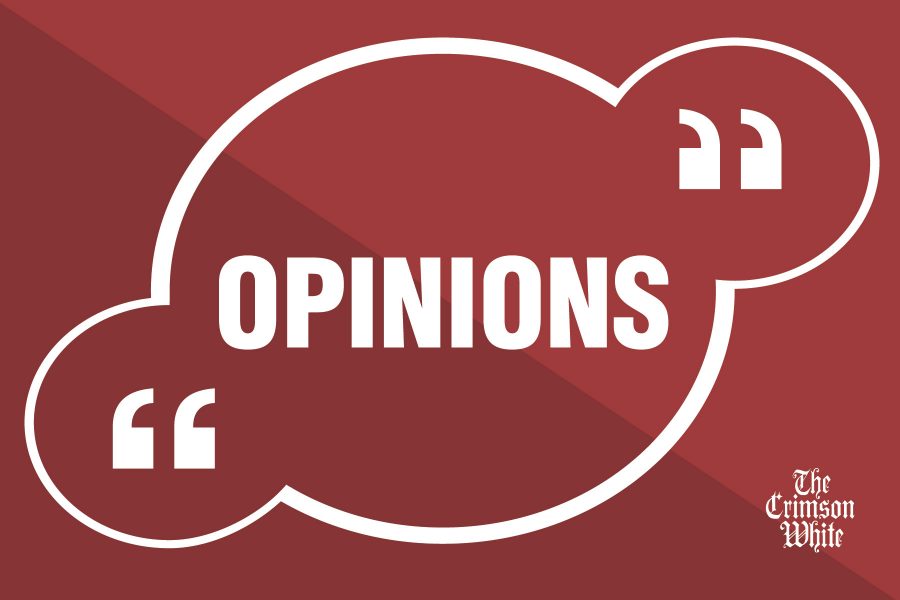I don’t blame gay people for staying away from Greek life. With the spotlight of most events on hooking up with someone of the opposite sex, it just doesn’t seem fitting. That coupled with outright fears of blatant – and maybe violent – homophobia also steers prospective gay members away. But undoubtedly, a positive feature of Greek life is the bond of brother and sisterhood that forms.
While this sounds like a no-brainer for any prospective member, it is a dilemma for any gay prospect – whether out of the closet or not. If he’s out of the closet, chances are low that he even rushes for the simple notion that a gay member could trigger a red flag for actives. On the other hand, if a closeted gay pledge rushes a fraternity, the idea of coming out to his brothers after being initiated could be questionable: he could potentially be polarized from his brothers, an awkwardness between the actives and him could form, or perhaps his fellow members would fully accept him. The former two options seem the most likely, but of course I would not negate the third.
The dilemma to even rush as a gay individual or rush as a closeted individual weighs heavily on potential members. More importantly though, are the stereotypes that form from the second dilemma: being closeted and Greek. It should be obvious that being gay transcends personality; some are feminine, dramatic, reserved, introverted, masculine, outgoing… you get the point, A gay person does not have to fit a stereotype to be gay. And this is why it’s important that associating being gay with outright feminine qualities, a lisp or even promiscuity must stop when gay people could be rushing for a fraternity/sorority.
If you’re a member of a sorority or fraternity and don’t think you are joined by gay members: you are dead wrong. They exist there with you at dinner every day, at the darty you went to last weekend, this weekend at formal and any other event. Assuming members of a fraternity or sorority are not gay because they don’t fit a gay stereotype is a gross mischaracterization of brother or sisterhood. No, this does not mean you should assume every member is gay of course, but dismissing the fact there are gay members is the injustice.
Even worse than dismissing the possibility of LGBT people being members of a fraternity is expressing bigoted and homophobic rhetoric to fellow members, whether it’s just saying “that’s so gay” about something or outright slurs. I get the closeness of a brother or sisterhood. I understand that it feels good to express thoughts to people that agree with you. I understand that everyone is entitled to their opinion, but be careful the next time you talk about someone acting like a “f*****” or “being so gay” around your fraternity brothers. Whether you say what you mean consciously or not, the person you are confiding to could very well be gay, and every slur becomes another reason to think “brotherhood” is exclusively for straight people.
Your frat brother is gay and your sorority sister is a lesbian – whether you want to believe it or not.
Zach Boros is a freshman majoring in psychology. His column runs biweekly.









